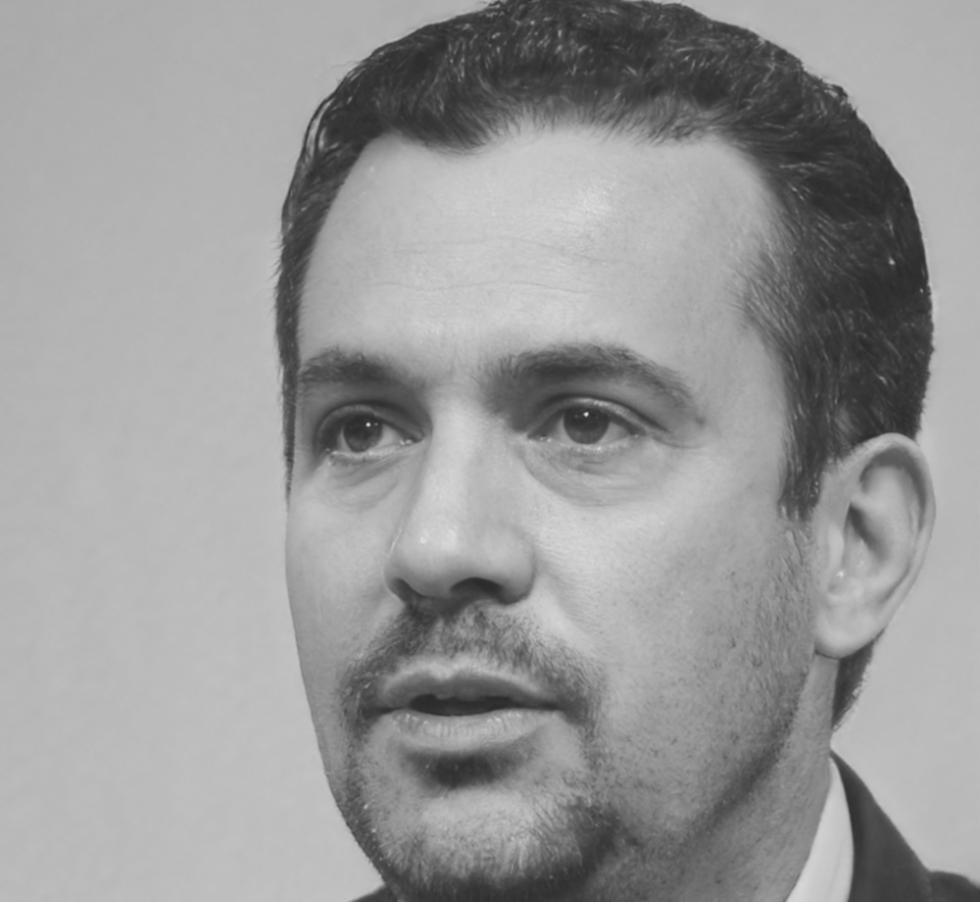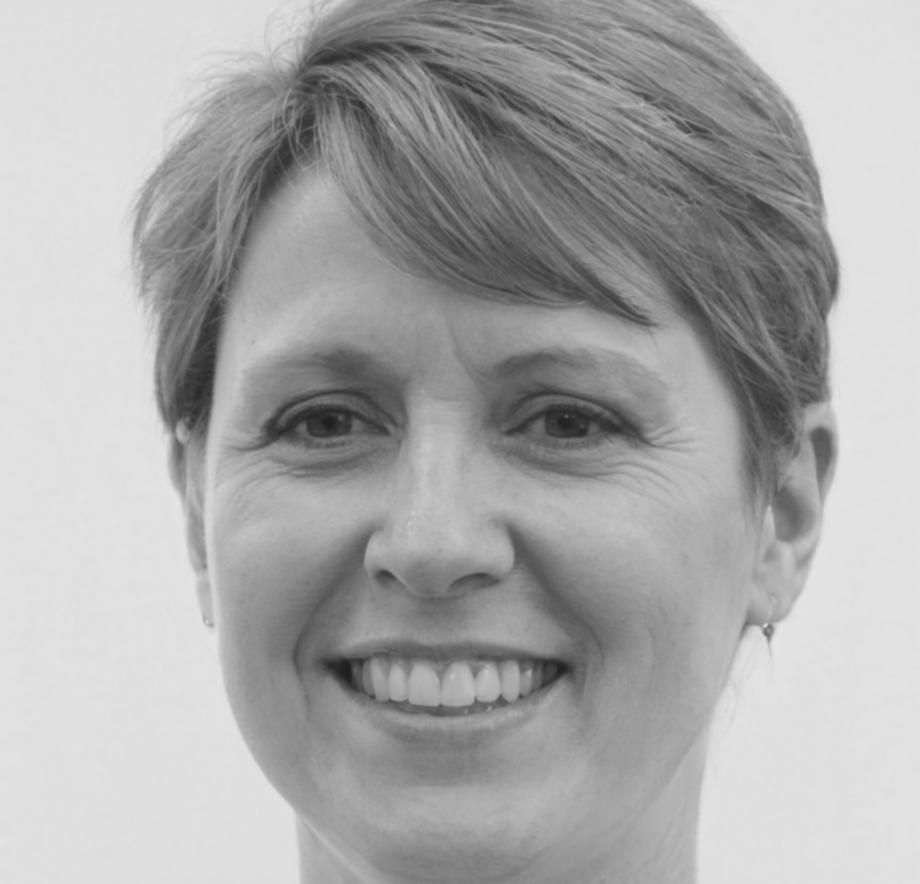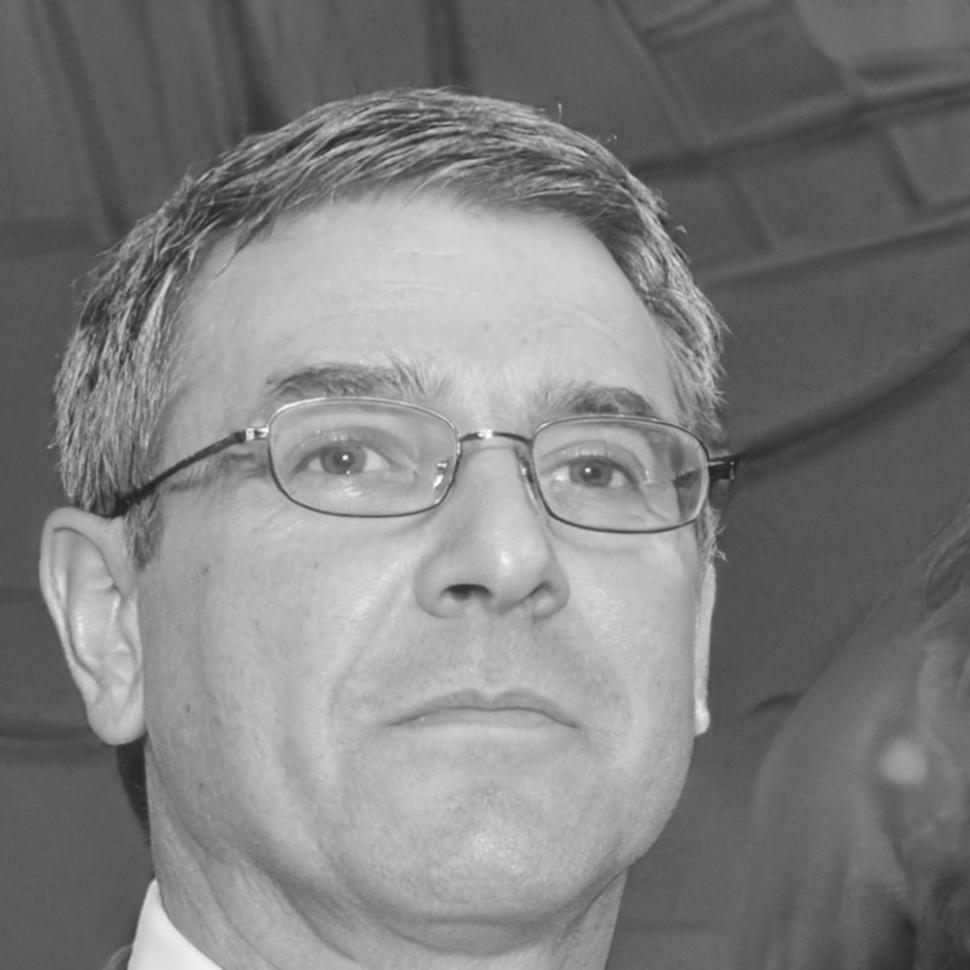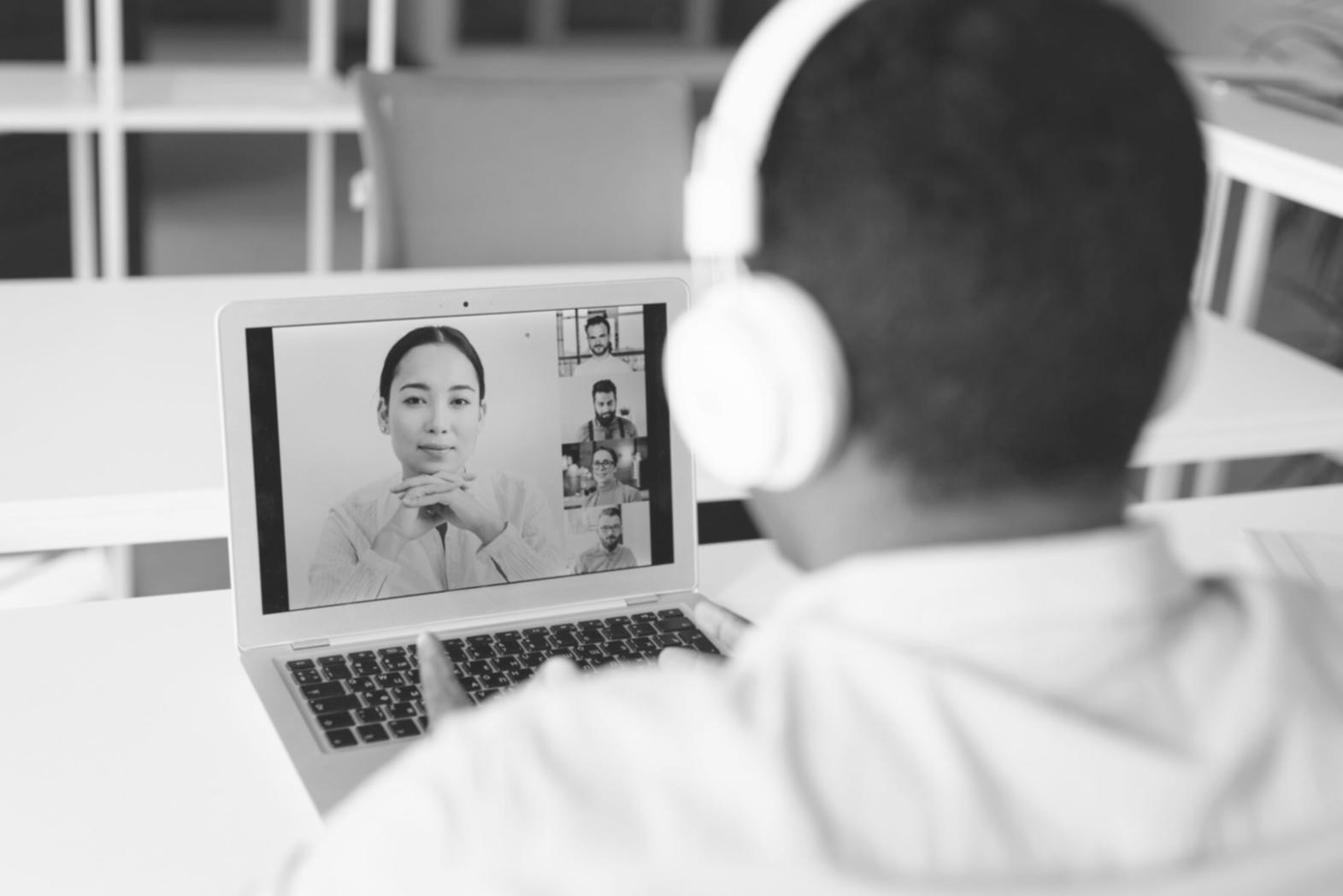
Kasper Lindberg
Freelance Designer
I'd been living paycheck to paycheck despite earning decent money. Turns out I was spending 40% more on food delivery than I realized. Started using toolcoreapp in March 2024, and within two months I actually had savings. Not because of some miracle—I just saw where money was going.




